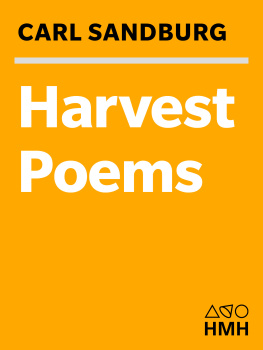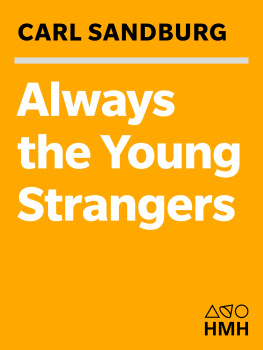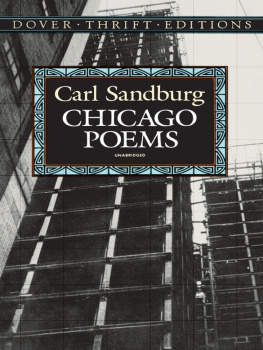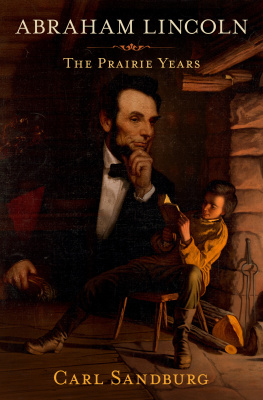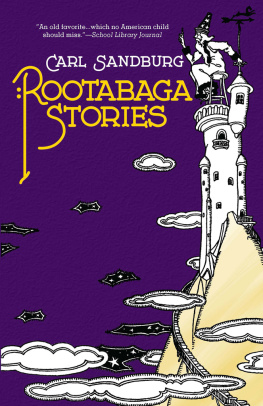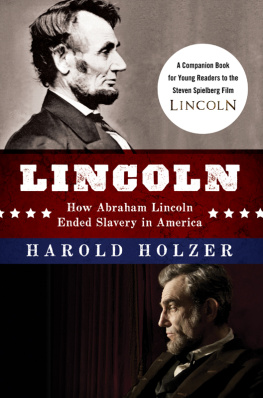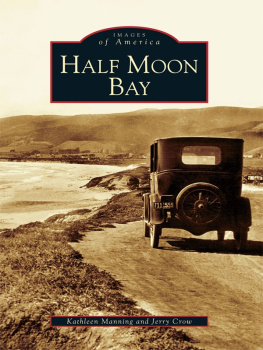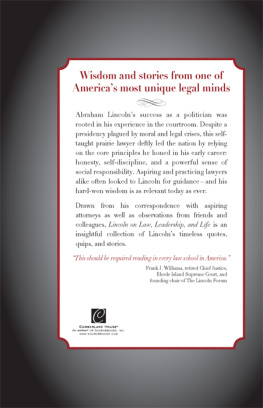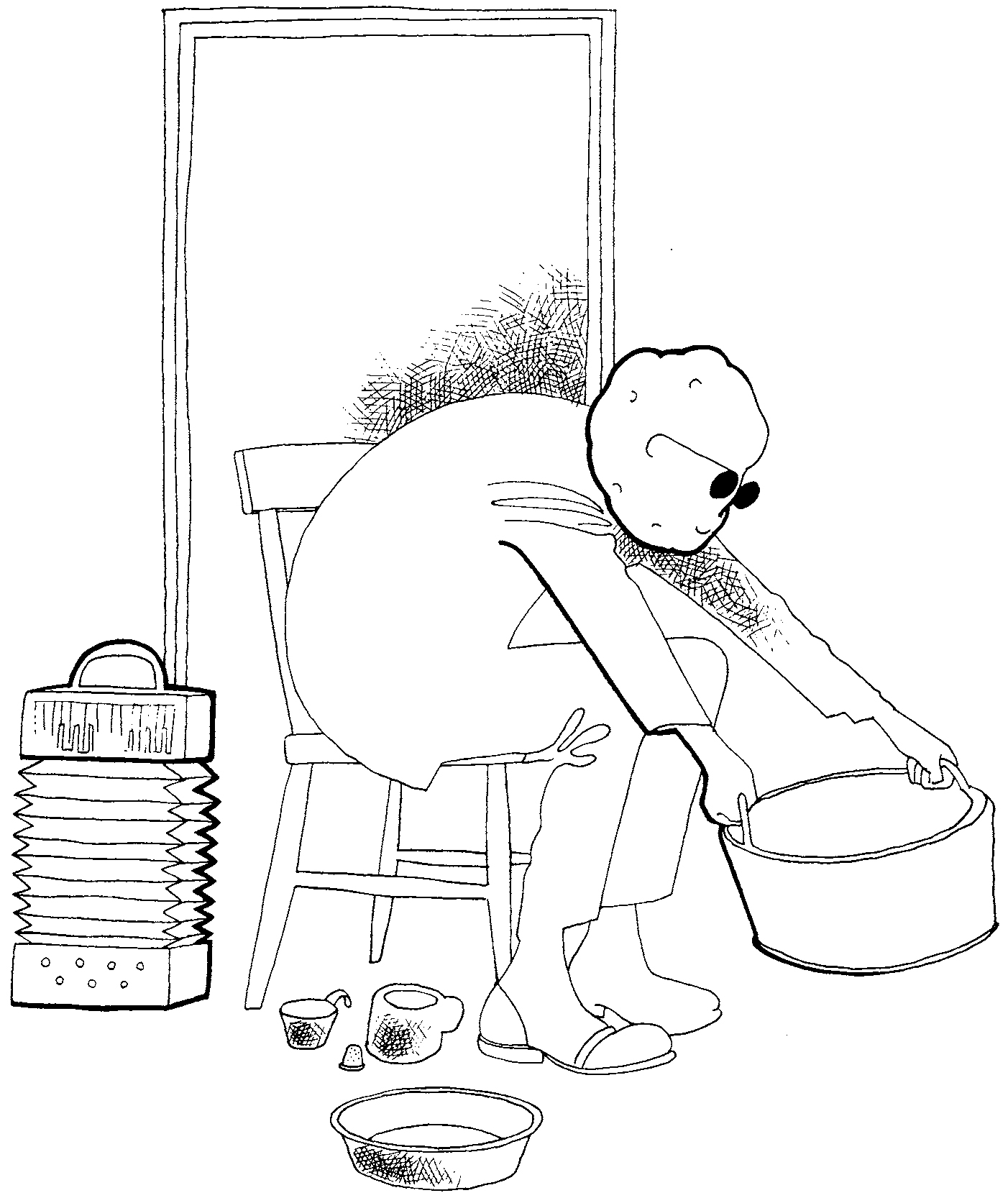Copyright 1970 by Lilian Steichen Sandburg, Trustee
Illustrations copyright 1970 by Harcourt Brace Jovanovich, Inc.
All rights reserved. For information about permission to reproduce selections from this book, write to or to Permissions, Houghton Mifflin Harcourt Publishing Company, 3 Park Avenue, 19th Floor, New York, New York 10016.
www.hmhco.com
ROOTABAGA STORIES
Copyright, 1922, 1923, by Harcourt Brace Jovanovich, Inc.
Copyright, 1950, 1951, by Carl Sandburg
EARLY MOON
Copyright 1920, 1922, 1930 by Harcourt Brace Jovanovich, Inc.
Copyright 1928, 1944, 1946, 1948, 1950, 1956, 1958 by Carl Sandburg
Copyright 1916, 1918 by Holt, Rinehart and Winston, Inc.
WIND SONG
Copyright 1928, 1944, 1946, 1947, 1948, 1950, 1953, 1956, 1958, 1960, 1964 by Carl Sandburg
Copyright, 1936, by Curtis Publishing Company
Copyright 1916, 1918 by Holt, Rinehart and Winston, Inc.
Copyright 1920, 1922, 1936 by Harcourt Brace Jovanovich, Inc.
PRAIRIE-TOWN BOY
Taken from ALWAYS THE YOUNG STRANGERS
Copyright, 1952, 1953, by Carl Sandburg
ABE LINCOLN GROWS UP
Taken from ABRAHAM LINCOLN: THE PRAIRIE YEARS
Copyright, 1926, 1928, by Harcourt Brace Jovanovich, Inc.
Copyright 1925, 1926 by the Pictorial Review Company in the United States,
Great Britain, and Canada
Copyright 1953, 1954, 1956 by Carl Sandburg
ISBN 978-0-15-270180-2 hardcover
ISBN 978-0-15-202678-3 paperback
Library of Congress Catalog Card Number: 79-120818
eISBN 978-1-328-52176-7
v1.0118
Introduction
by Paula Sandburg
WHEN I LOOK back now it seems to me that Carl and I were always surrounded by children, books, and animals. The children had everything that the two of us had to givelove, attention, and, in Carls case, the gift of imagination and humor.
Carl was a wonderful storyteller, and he was never lacking in inspiration. In the early days when the Rootabaga Stones were written, there were few stories for children that were not about kings and queens and princes and princesses in castles, or peasants in huts. This was the folklore and literature of Europe. But Carl thought that American children should have something different, more suited to their ideals and surroundings. So his stories did not concern knights on white chargers, but simple people, such as the Potato Face Blind Man who played the accordion, the White Horse Girl and the Blue Wind Boy, or commonplace objects, a rag doll and a broom handle, a knife and fork.
At first Carl read the stories to the girls at the midday meal, partly to find out whether they would enjoy this kind of tale. He found out soon enough, for they were absorbed, delighted with the names, often chuckling over the way he played with words. They had their favorites, I remember. Janet would call for The Wedding Procession of the Rag Doll and the Broom Handle or for Shush Shush, while Margaret liked best Bimbo the Snip or Jason Squiff with his popcorn hat and popcorn mittens.
Every child, I think, can sympathize with the desire of Gimme the Ax to get away from the house where everything was the same as it always was to the Rootabaga Country where things were so different, so impossible.
The prairie town where Carl was born and reared was in the land of Lincoln. It held memories of Lincoln, of the Lincoln-Douglas debates at Knox College, of the underground railway there that operated before and during the Civil War. It had honored the Civil War nurse, Mother Bickerstaff, with a statue. So it was natural that Carl should become interested in writing a biography of Lincoln. He knew that there was no good biography of him available that would appeal to children and this was what he intended to write. But he became so immersed in the book that it developed into a two-volume biography for adults, The Prairie Years. With the four succeeding volumes, The War Years, it eventually won the Pulitzer Prize for history. After its publication the publishers edited the special version of The Prairie Years for younger readers which appears in this volume. By an odd quirk of circumstance a book intended for children became a book for adults and then in turn became a book for children, Abe Lincoln Grows Up.
Later, when he wrote his autobiography, Always the Young Strangers, he thought that children would be interested in what boyhood was like in the Middle West at the close of the nineteenth century. Prairie-Town Boy, which appears in this volume, is Carls own story, edited for young readers.
Carl loved children, and they in turn were charmed by him. He enjoyed writing for them because he felt that their response to poetry and ideas was honest and direct. He wanted to open their minds to the possibilities that existed beyond their experience.
The wonder and enchantment that Carl created for our children with his stories and poems enriched their lives and the lives of our grandchildren. I hope that all of the children who read these stories and poems will experience some of that pleasure and I hope that some of them will be lucky enough to find an older person who will share it with them as we did.
Rootabaga Stories
To Spink and Skabootch
Three Stories About the Finding of the Zigzag Railroad, the Pigs with Bibs On, the Circus Clown Ovens, the Village of Liver-and-Onions, the Village of Cream Puffs
PEOPLE: | Gimme the Ax |
Please Gimme |
Ax Me No Questions |
The ticket agent |
Wing Tip the Spick |
The four uncles |
The rat in a blizzard |
The five rusty rats |
MORE PEOPLE: | Balloon pickers |
Baked clowns |
Polka-dot pigs |
HOW THEY BROKE AWAY TO GO TO THE ROOTABAGA COUNTRY
GIMME THE AX lived in a house where everything is the same as it always was.
The chimney sits on top of the house and lets the smoke out, said Gimme the Ax. The doorknobs open the doors. The windows are always either open or shut. We are always either upstairs or downstairs in this house. Everything is the same as it always was.
So he decided to let his children name themselves.
The first words they speak as soon as they learn to make words shall be their names, he said. They shall name themselves.
When the first boy came to the house of Gimme the Ax, he was named Please Gimme. When the first girl came, she was named Ax Me No Questions.
And both of the children had the shadows of valleys by night in their eyes and the lights of early morning, when the sun is coming up, on their foreheads.
And the hair on top of their heads was a dark wild grass. And they loved to turn the doorknobs, open the doors, and run out to have the wind comb their hair and touch their eyes and put its six soft fingers on their foreheads.
And then because no more boys came and no more girls came, Gimme the Ax said to himself, My first boy is my last and my last girl is my first, and they picked their names themselves.
Next page

